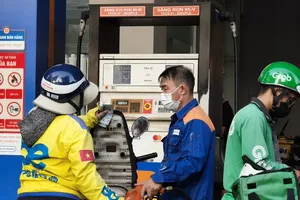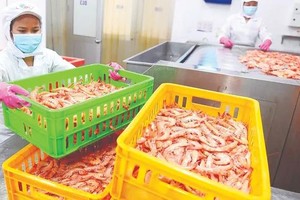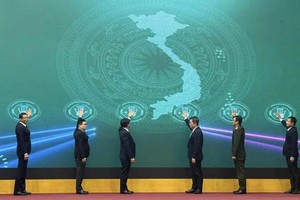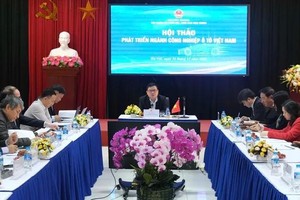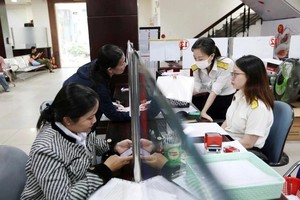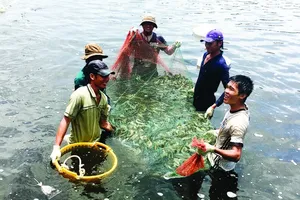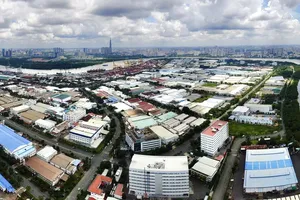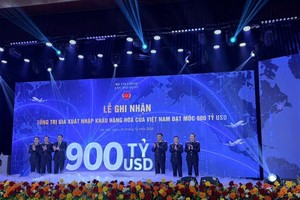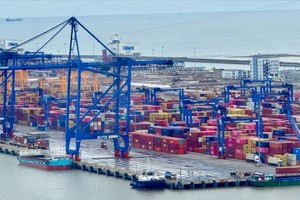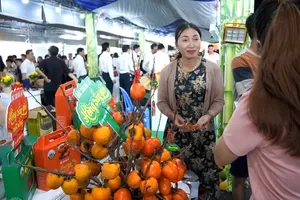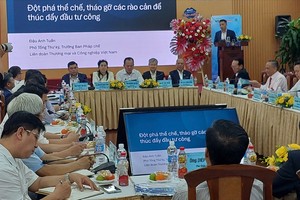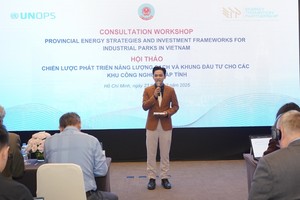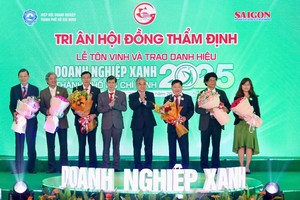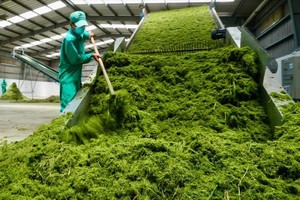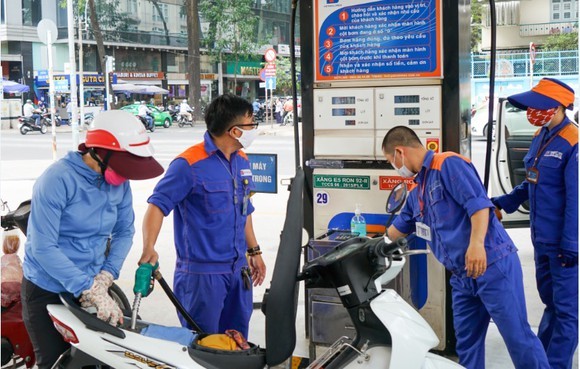
Petrol and oil is an essential commodity related to many economic sectors and people's lives. In recent years, due to the instability of the petrol and oil market, the government has amended the decrees related to the management of the commodity item and the government is currently developing a new draft decree.
The draft decree stipulates that distributors can only buy petrol and oil from wholesale traders, and does not allow distributors to trade goods with each other. However, no legal basis for petrol and oil to operate under a market mechanism with state intervention is a matter of considerable public concern; at the same time, the government has not created long-term market efficiency.
In the world, there are currently two ways to manage the petrol and oil market. The first is that petrol prices are adjusted according to the market-oriented price formation under the state management of prices. In countries like the US, Canada, Australia, and Germany, prices are determined by supply and demand, and the government intervenes through safety and environmental standards, tariffs and the use of national reserves to regulate.
Currently, Vietnam doesn’t have a state-owned national petrol and oil reserve but the state contracts to rent reserves from large businesses instead. This carries many risks because when it is necessary to release reserves to stabilize the market, the government is highly likely not to achieve its goal. Similarly, the petrol and oil stabilization fund does not achieve the goal of price stabilization, and there are even concerns about the transparency of the fund.
For the time being, the Vietnamese government needs to build a reasonable tax policy in the way of eliminating all taxes collected through petrol and oil; plus, there needs to be a petrol and oil subsidy policy to enhance the competitiveness of production industries and improve people's lives.
The new decree this time needs to shorten the distribution chain, and it should only go from importers, and producers directly to retail stations/businesses using petrol and oil and ancillary services and transportation in between. Furthermore, the government should implement programs to build a state-owned national reserve, in order to ensure a large and safe reserve for unexpected situations. In the long run, national reserves should be considered as the main tool to regulate the market.
In the long term, it is necessary to plan to improve infrastructure and logistics services with a focus on developing clean energy, and renewable energy to reduce the domestic demand for petrol and oil. At the same time, the government should promote the production and blending of domestic petrol and oil to make the supply more abundant to pave the way for a transition to a free market mechanism under state regulation.
When the conditions are met to switch to a floating price mechanism, the national reserves are considered the main regulatory tool, and the stabilization fund is a tool to support the government’s management. Thereby, the government will gradually transition from a policy of subsidizing petrol and oil to directly supporting those affected by price fluctuations. At that time, the efficiency of the market will be brought into play, ensuring stability for the economy and the rights of consumers.
